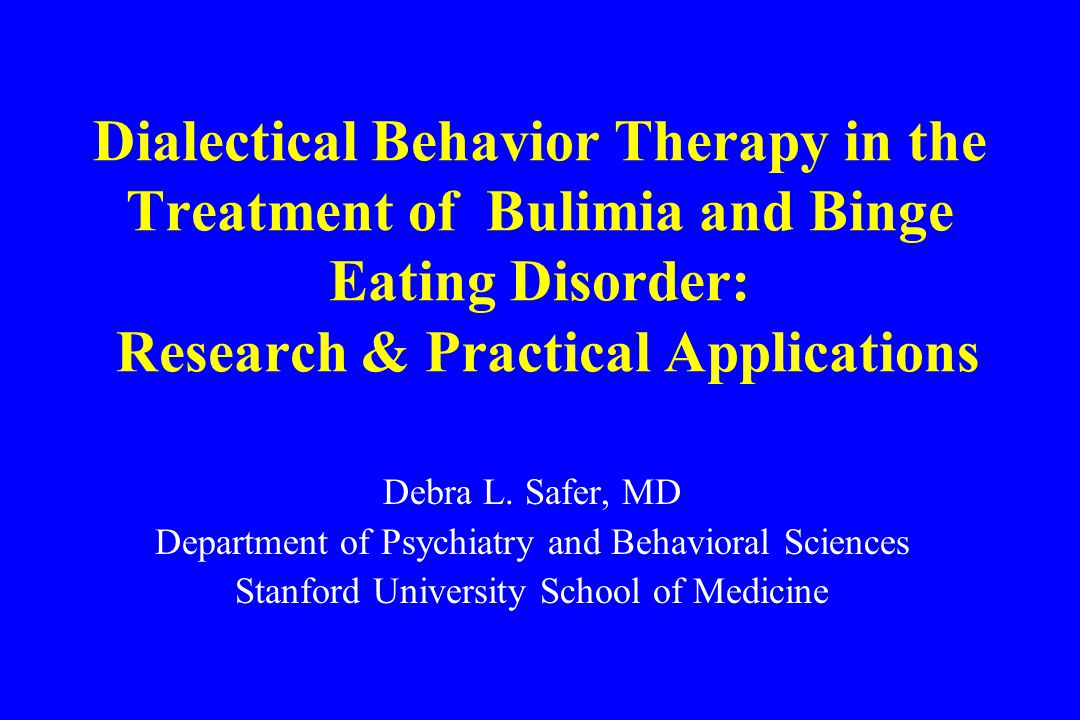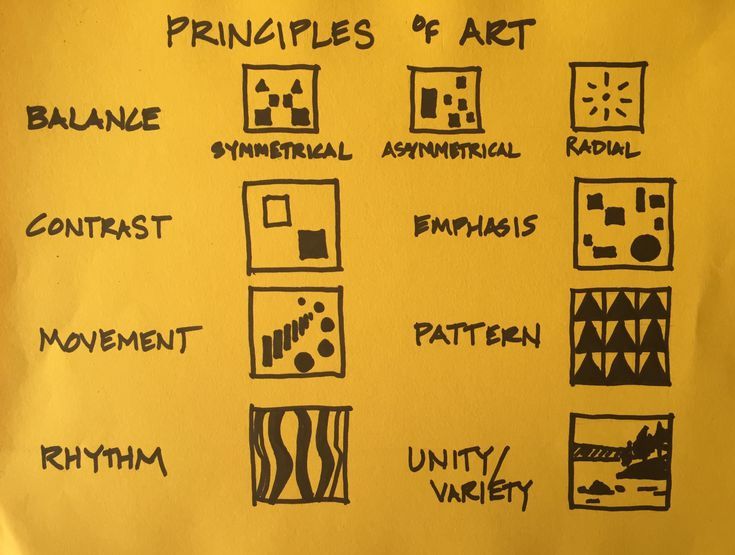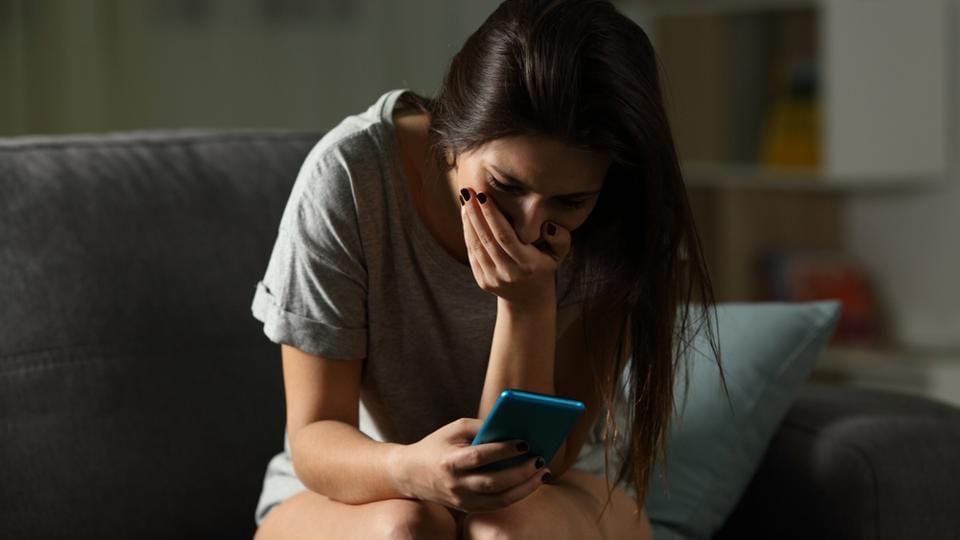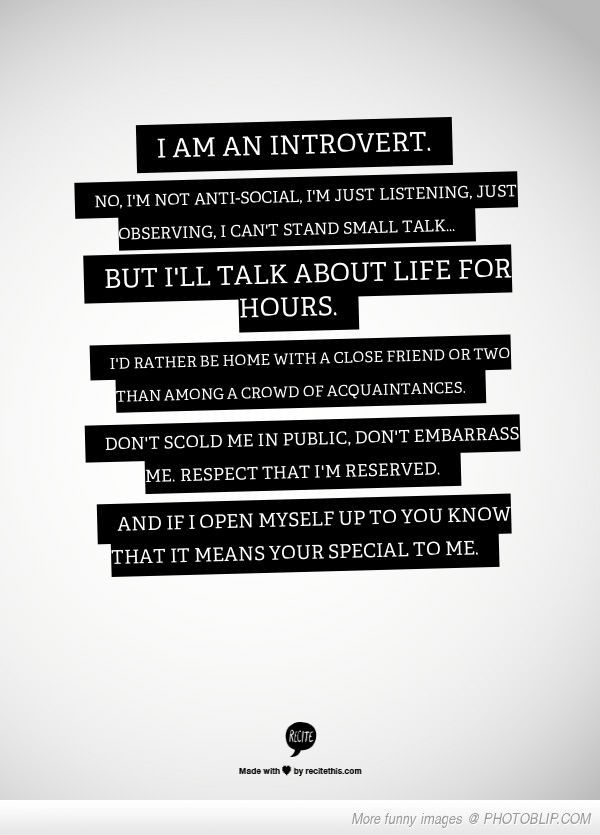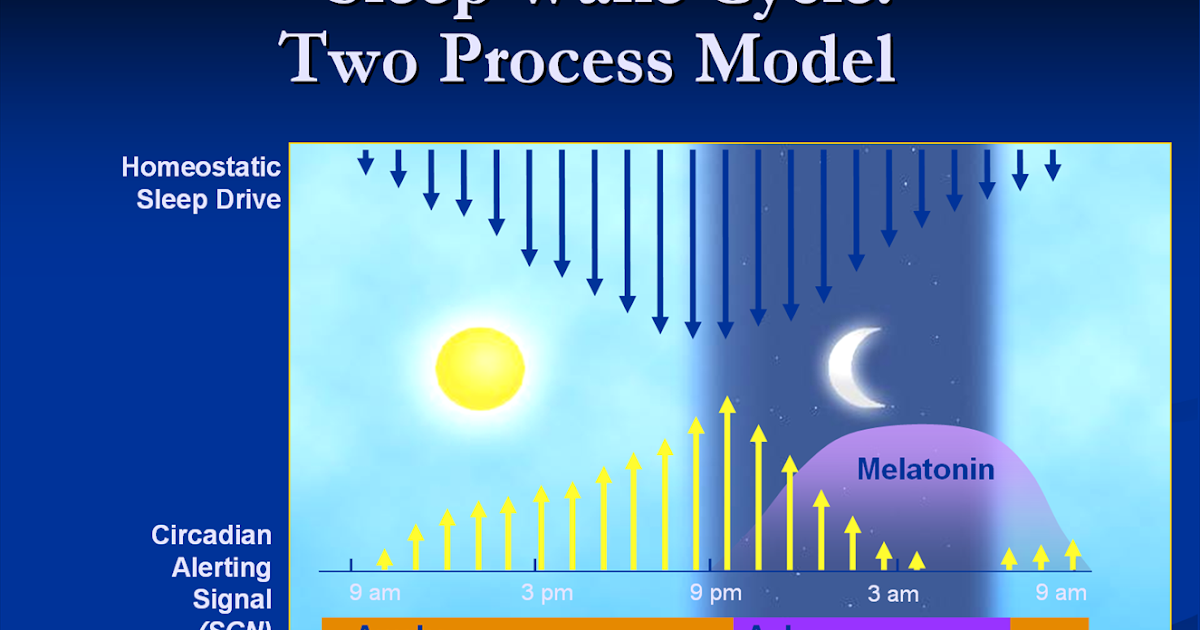Lonely when not alone
7 reasons you might feel lonely even though you’re not alone
Skip to content 7 reasons you might feel lonely even though you’re not alonePhoto by Andre Benz on Unsplash
Americans are currently facing an epidemic of loneliness. In New York City, this epidemic appears to be nearly universal despite it being one of the most densely packed and busiest cities in the nation. It may seem strange that someone can feel lonely when surrounded by 8 million people, but, sadly, it’s all too common.
So what is going on?
A recent study published in Social Psychiatry and Psychiatric Epidemiology sheds some light what makes a person feel lonely. In sum, they suggest that loneliness has to do with the quality of one’s relationships as opposed to the number of people in one’s life, per se. In other words, many people are feeling terribly alone despite not being alone.
“The perceived quality, not the quantity, of interpersonal connections was associated with poor mental health.
”
How can someone feel lonely even when in the company of friends and family? And how can another, who only has a few close relationships, be fulfilled and happy while appearing to some to be alone? The answer basically lies in how well a person is able to connect on a deep emotional level with others in an intimate and vulnerable way.
So what might prevent a person from being able to do that?
History of TraumaAnother major findings of the previously mentioned study was that individuals with histories of trauma were also those with the highest rates of subjective loneliness. For each additional childhood traumatic event, the odds of experiencing emotional loneliness increased by 28 per cent. This emotional loneliness was experienced even when the person ranked high on number of relationships.
At the same time, those who were both alone and subjectively lonely fared the worst. They were also those to have adult traumatic experiences in addition to a higher level of childhood trauma.
Childhood trauma impacts an individual during their most vulnerable times of growth and development. Such experiences not only impact one’s sense of safety, but also shape a person’s perception of relationships, the trustworthiness of others, one’s sense of self and worthiness, and risk/reward ratio of being vulnerable to another. And, when a person becomes traumatized and/or hurt repeatedly, it becomes that much more difficult to believe that people are safe or even worth getting close to.
However, one does not have to have experienced overt trauma in their life to struggle with feeling lonely in the present.
Poor Parental AttachmentMore than anything, we learn how to connect and form bonds with others based on the bonds we’ve had with our caregivers. When there’s a disruption in the parental bond, it often becomes more difficult throughout life to feel emotionally attached to others.
Attachment theory posits that the attachment relationship we had with our parents tends to be repeated in other important relationships.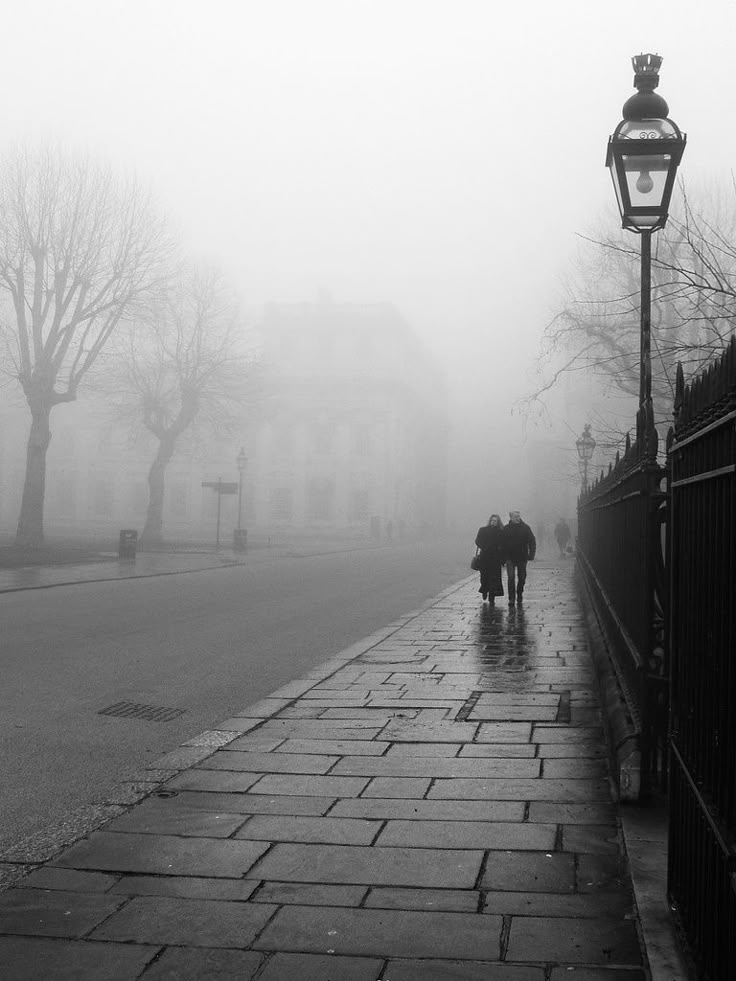 If you felt dismissed, invalidated, or like your needs would not be met, then you likely expect this from others (and treat others similarly). Worse, if you were scared of a parent or saw them as threatening somehow, yet also depended on them for survival, you might find that you have an intense distrust of others or even find yourself in repeated abusive relationships.
If you felt dismissed, invalidated, or like your needs would not be met, then you likely expect this from others (and treat others similarly). Worse, if you were scared of a parent or saw them as threatening somehow, yet also depended on them for survival, you might find that you have an intense distrust of others or even find yourself in repeated abusive relationships.
When the parental bond resulted in an insecure attachment of sorts, there tends to be a chronic feeling that something is missing. You might spend your life trying to fulfill the needs that weren’t met as a child, and chronically become disappointed because no person can ever fill those needs once you’re an adult.
Sadly, you may even come to believe that you don’t deserve love or not even know how to be close to another human being, reinforcing a pattern of chronic isolation and loneliness.
Fears of Intimacy/VulnerabilityGrowing up, we all learn to play certain roles, what is/is not accepted by peers and authority, and how to survive in a sometimes cruel world. Our teenage years are often filled with experiences of trying on different masks until we find one that fits. Commonly, we also learn in this process that it is not ok to just be you. This is especially true if we’ve been deeply hurt.
Our teenage years are often filled with experiences of trying on different masks until we find one that fits. Commonly, we also learn in this process that it is not ok to just be you. This is especially true if we’ve been deeply hurt.
When someone gets bullied or is in a relationship that leaves one heartbroken, a message starts to form that it’s not safe to be who you are. It’s not ok to open up, love, or be vulnerable. An armor starts to form to protect against any possible future instances of pain. And, in so doing, a gap begins to grow between you and others.
Photo by Hugo L. Casanova on Unsplash
Shielding yourself from pain makes sense. But, what protects against pain also prevents love from getting through. There’s no selective armor.
We also live in a society that values toughness, stoicism, and fierce independence. We all are taught lessons from an early age that it is not acceptable to be “weak.” Our feelings become dangerous and shameful parts of our being.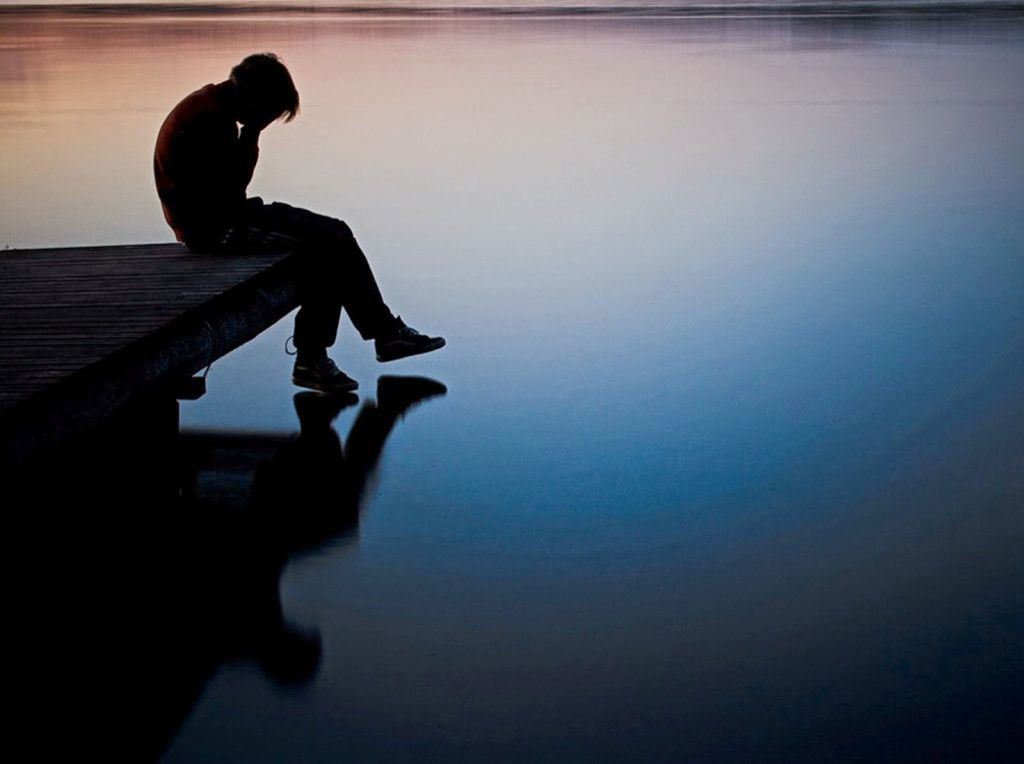 We spend time with friends and loved ones, yet everyone is wearing masks of superficiality. Deeper discussion, intimate connection, and authenticity are avoided at all costs.
We spend time with friends and loved ones, yet everyone is wearing masks of superficiality. Deeper discussion, intimate connection, and authenticity are avoided at all costs.
A suit of armor becomes a fleet of armed warriors.
More distance, more gaps, and, more loneliness.
Trapped in a False NarrativeA history of trauma, pain and rejection can lead to a distorted and painful narrative about oneself that then shapes each new experience one has. In addition, living in a society that forces high levels of conformity and docility, most people learn from a young age that parts of their self are unacceptable, shameful, or just plain “bad.”
The biggest problem in this is a concept called confirmation bias. We all love to be right – about everything. This is the case even when what we believe to be true is extremely harmful to the self.
If you believe deep down that you will be rejected, that parts of yourself are bad, or that you are somehow defective, you will prove yourself right at all costs.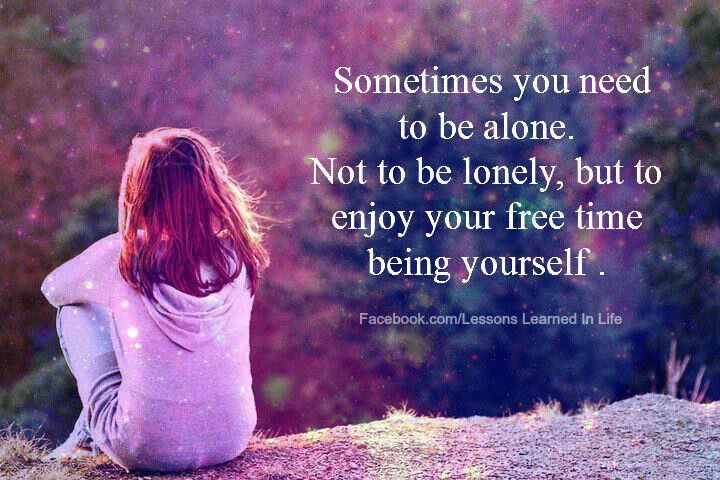 You will interpret others’ actions through this lens, discount evidence to the contrary, be attracted to individuals who treat you poorly, and even bring out certain behaviors in others that confirm your narrative.
You will interpret others’ actions through this lens, discount evidence to the contrary, be attracted to individuals who treat you poorly, and even bring out certain behaviors in others that confirm your narrative.
Further, if you believe you aren’t good enough, then you will believe, on some level, that neither are your friends. Every judgment about yourself becomes manifest 10-fold with others.
This makes it nearly impossible to connect, be vulnerable, or feel an emotional closeness with others. So long as you believe yourself and/or others to be unworthy somehow, it doesn’t matter how many people you have in your life – you will always feel alone.
Perfectionism, Selfies, and the Lost Phenomenon of CommunityIt’s very difficult to truly connect with others when one avoids vulnerability or revealing their authentic self. In addition, there are many other societal factors that contribute to incredible difficulties emotionally connecting to an other.
We hear a lot about technology and social media as major factors in the current loneliness epidemic. Research, however, is mixed on this. On the one hand, yes, people are more immersed in games, phones, pictures that are cloaked in rose-colored lenses, and capturing the perfect selfie. At the same time, technology also allows for more ways to stay connected with family and friends and can actually decrease feelings of loneliness. The catch?
It seems that technology is kind of good for older adults. Yet, younger adults (18-22) fair best when they stay off their phones and computers.
This makes sense if one considers that the problems with technology are symptoms of a greater issue, rather than the cause. Our society has become hyper-polarized and increasingly individualistic.
People have become less empathetic, more concerned about self – love, care, improvement, image, help – at the expense of compassion, more controlled and regimented, more standardized, less adventurous, less open to creativity, and less tolerant of ambiguity.
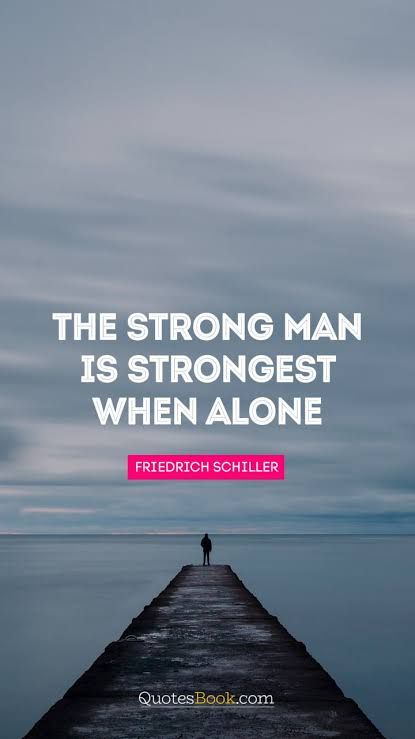
Children are indoctrinated into this mentality from the moment they enter the education system. School is designed for conformity and standardization – much of the exploration, fun, and creativity disappeared when there became less room for PE, music, art, language, and free time as part of a standard curriculum. Kids’ self-worth becomes wrapped up in grades, perfectionism, and success.
Community and play are seen as almost frivolous. Isolation becomes part of the norm from a very early age.
Networking FirstThis phenomenon might be particularly true for New Yorkers in that many relationships are built on what someone can do for you, rather than how much you just genuinely enjoy being around and feel close to someone. We live in a society that values things and “success” over relationships. Relationships, then, become commodities to be acquired in the same way as a new car or the latest gadget.
Too often, people are seen as objects.
This does not bode well for emotional closeness. As such, one is never fulfilled and just needs more, more, and more.
Too Many ExpertsWe live in an interesting time wherein there is an expert for literally everything. We are told what to eat, how to bathe, what our bodies should do and look like, how to breathe, how to poop, and how to make love. We’ve come so far from our natural instincts and ability to listen to our bodies and minds that we do not even feel connected to our own selves!
And, so, people tend to question everything. As soon as something goes wrong, or if someone else tells you something is wrong, questions start to arise about who you’re spending time with. Others’ opinions become truth. If it’s a romantic relationship, the next one is always just a swipe away so there’s no need to stick with someone who may not fit your image, others’ expectations, what society says is “right,” etc.
Emotional connection requires being touch with, well, your emotions.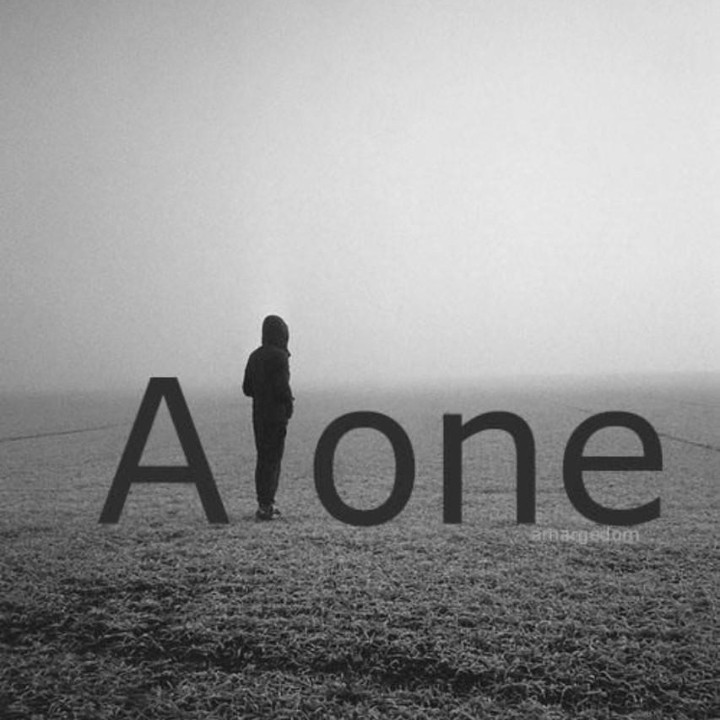 And, being able to trust those emotions without anyone else telling you what you should or should not do. No one is an expert on you besides you.
And, being able to trust those emotions without anyone else telling you what you should or should not do. No one is an expert on you besides you.
WAIT, THERE’S HOPE!
Just because your past or your culture may influence your sense of loneliness, that does not mean it’s destiny. People can change. You can learn to slowly let down your barriers, to trust others, to accept the parts of yourself that you’ve grown to hate, to value yourself and others regardless of what people might think, to dare to be “weak,” and to listen to your body and instincts.
We are a social species. The ability to connect is inherent in all of us, even if it might look very different for any given individual.
Go now.
Turn off the computer, call a friend and ask about their day, look into someone’s eyes and smile, tell someone you love them. It’s not too late.
MindClear Integrative Psychotherapy2020-01-01T16:18:10+00:00
Recent Posts
- Guilt: Fight the Feeling
- Am I a Failure at Grief?
- Learning To Trust Yourself: Because if You Don’t, Who Else Will?
- Finding Safety After Trauma
- Post-lockdown Anxiety: Time to celebrate or fear the return of normal?
Download FREE tips for coping with trauma & panic
Contact Info
352 Seventh Ave, 12A Floor
Phone: 212-547-9853
Fax: 855-670-0375
Toggle Sliding Bar Area
Contact us for an appointment!
MindClear Integrative Psychotherapy
352 7th Ave, 12A Floor
New York, NY 10001
212-547-9853
Contact us for an appointment!
MindClear Integrative Psychotherapy
352 7th Ave, 12A Floor
New York, NY 10001
212-547-9853
Go to Top
Having Relationships But Still Feeling Lonely -
Have you ever felt lonely despite being surrounded by other people? Sometimes people say that they have plenty of friends, family, and other social connections, but still feel the pangs of loneliness and disconnection.
Despite the rise of social media and the ease with which we can connect to each other, loneliness has never been higher. One study done in 2018 suggests that nearly 50% of Americans report feeling lonely “sometimes or always.” In fact, in 2017, former Surgeon General of the United States Vivek Murthy wrote that the rate of loneliness has doubled since the 80’s.
To go along with this, only about 50% of Americans today report having “meaningful in-person relationships.” That means that roughly half of us are not finding fulfillment in our relationships. And we are not engaging in in-person relationships as much as we used to.
An ongoing question amongst psychologists is how social media is impacting our relationships and the sense we have of ourselves. In an earlier article, I wrote about how regular social media usage can actually decrease one’s self-esteem and confidence.
And it now appears that social media might contribute to feelings of loneliness as well.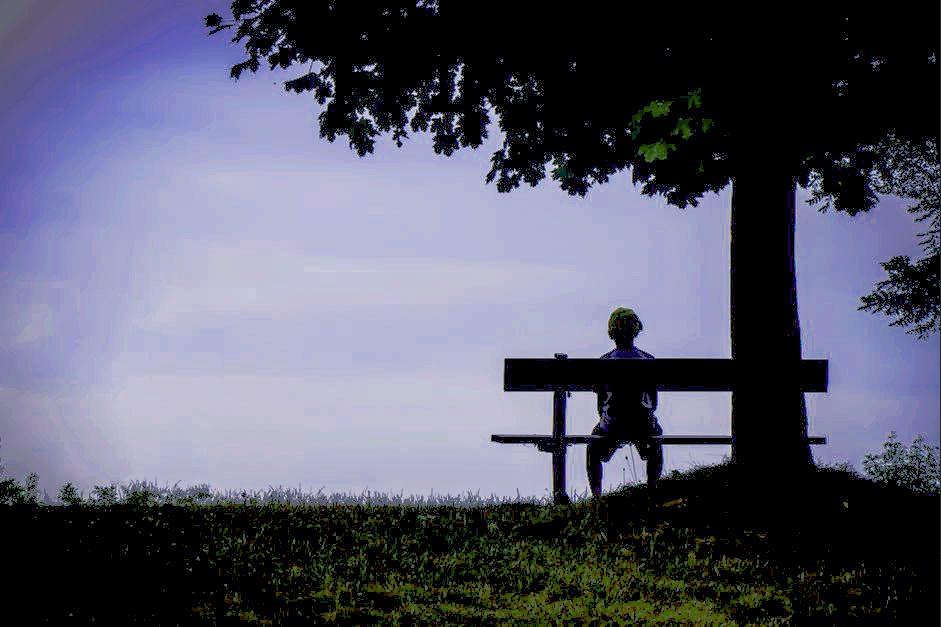 In a study done last year by the University of British Colombia, researchers found that, on average, individuals who used social media more often reported higher rates of loneliness compared to individuals who don’t use social media as often. (Researchers didn’t define what a “good” amount of social media usage is.)
In a study done last year by the University of British Colombia, researchers found that, on average, individuals who used social media more often reported higher rates of loneliness compared to individuals who don’t use social media as often. (Researchers didn’t define what a “good” amount of social media usage is.)
The problem with this research is the “chicken-or-the-egg” question. Does using social media causeloneliness? Or do people use social media more because they are feeling lonely and are looking to remedy that feeling?
The important issue is that humans strive to feel close with others. We are social beings, as they say. But despite the fact that a plethora of connections, followers, online groups and friends are at our finger tips, many people today are lacking that feeling of closeness.
So what’s missing?
I think the missing ingredient in our modern society is intimacy. Now, when I use that word, many of you will probably think of romantic intimacy.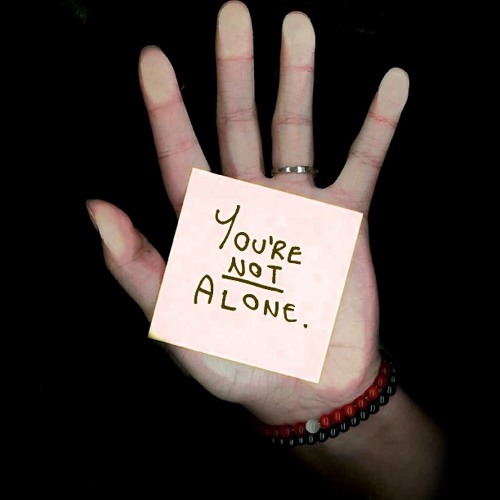 But that isn’t the only form of intimacy. What I’m talking about is intimacy that is shared between family and friends. It’s a platonic form of intimacy.
But that isn’t the only form of intimacy. What I’m talking about is intimacy that is shared between family and friends. It’s a platonic form of intimacy.
Intimacy of this type is defined as an ability to share personal thoughts and feelings – things about yourself that feel special and close to your heart. And when people are intimate in this way, there is a reciprocal nature to it: you share things about yourself, but you likewise welcome and respond to those same things from others.
Think about it: how do relationships grow and deepen? Through being intimate with each other. When you think fondly about a friend, what is it that comes to mind? Usually, it’s the fact that they know things about you that others don’t know. (And still accept you!) Or that they have shared things with you about themselves that they don’t tell everyone.
The problem today is that we have moved away from being intimate with one another. We can be friends with hundreds of people online, but how many of these people know us on a personal level? How many know about your doubts, insecurities, and challenges? Or our dreams and passions?
When people state that they can be surrounded by friends (online or in person), and still feel lonely, what I think they are saying is that they do not feel like they have people with whom they can be intimate.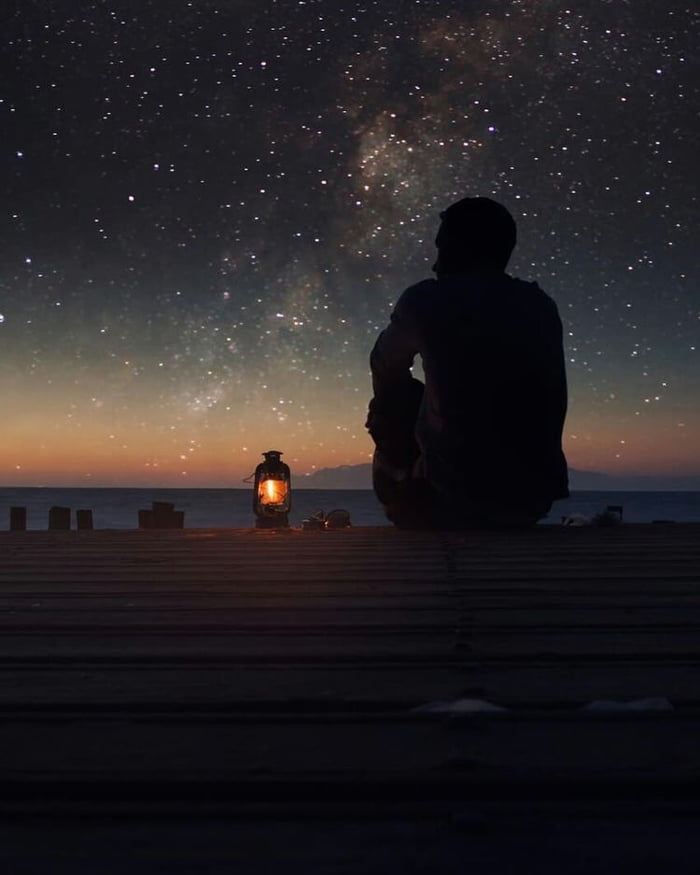
And the magic of intimacy is that it can prevent you from feeling lonely even when you are alone. Because intimacy reminds us that we are cared about, we can carry that thought in our minds to lift us up when we are alone, troubled, or unsure of ourselves.
But let’s be honest here: being intimate is difficult! One of the reasons social media has blossomed and our relationships have become shallower is because connecting with people on an intimate level is hard and scary. It’s hard because there is work involved in forming and maintaining intimate relationships. And it’s scary because being intimate with others takes trust that the openness you share will be welcomed and cherished.
Being intimate means being vulnerable.
There is a sense of security involved in keeping some distance in our relationships. Someone you are not intimate and vulnerable with can’t really hurt or disappoint you. And compared to the work involved in intimacy, it’s much easier to just follow people on Instagram, or to check up on friends based on their Facebook profile.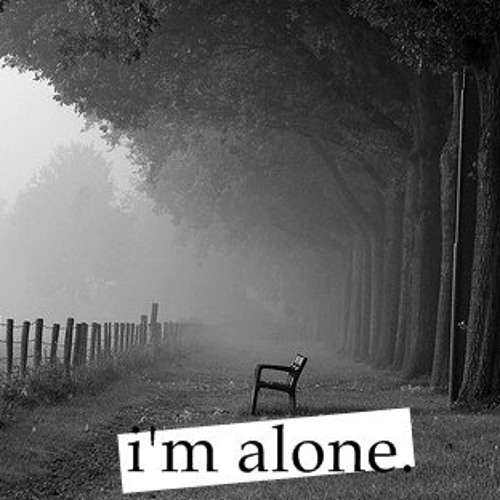 But these types of relationships fail to provide for us is a sense of closeness, acceptance, fondness, and meaningfulness that everyone yearns for.
But these types of relationships fail to provide for us is a sense of closeness, acceptance, fondness, and meaningfulness that everyone yearns for.
So I encourage you to consider how intimate you feel with those around you. And in doing so, consider the things you wish you shared with others. Consider the feelings you want to be recognized and understood. The thoughts you want heard and listened to.
If you find yourself feeling lonelier than you would like, consider changes you could make with how intimate you are with people around you. This is no easy task, and it takes bravery to put yourself out there.
But the payoff of having more fulfilling relationships is worth it.
Why we are lonely: 6 reasons
72 627
Know yourself
“I'm doing well, but I always feel lonely, although I'm not alone,” most people can ascribe such a phrase to themselves. Where does this feeling come from and why are there so many of us lonely?
Now we can answer these questions. Research by the Red Cross in the UK has shown that one in five Brits feel lonely. Other studies show that chronic loneliness is bad for health and can shorten life expectancy. Fortunately, we are now well aware of this influence.
Research by the Red Cross in the UK has shown that one in five Brits feel lonely. Other studies show that chronic loneliness is bad for health and can shorten life expectancy. Fortunately, we are now well aware of this influence.
Most people whose experiences were ignored by their parents as children end up feeling lonely as adults. It seems to many that there is nothing wrong with the fact that adults do not respond to the emotions of the child.
However, this upbringing deprives him of important parts of the foundation on which relationships with others are built.
The consequences of neglecting emotional needs continue to affect adulthood, creating feelings of alienation and other problems.
Reasons why you feel lonely:
1. Your family did not talk heart to heart. It happens that relatives are very good at discussing plans for the future and practical issues, but if someone is sad and hurt, family members seem to scatter. Yes, it's hard to talk about painful experiences. This needs to be learned.
Yes, it's hard to talk about painful experiences. This needs to be learned.
And if it was not customary in your family to discuss feelings seriously, you may simply not be able to do this. And because this skill is essential for building meaningful relationships (both friendships and loves), you find it difficult to connect with others, and as a result, you suffer from loneliness.
2. Your parents criticized your feelings, and you began to shut yourself off from the experience in order to survive. As a child, you adapted to the conditions of life in the family, learning to suppress emotions so as not to burden your parents with them. But feelings are a kind of glue that binds people and allows them to build meaningful relationships. Without them, it is difficult to build those deep and lasting emotional bonds that everyone needs.
3. If your parents didn't see your feelings, they seemed to send a signal every day: "No one needs your feelings.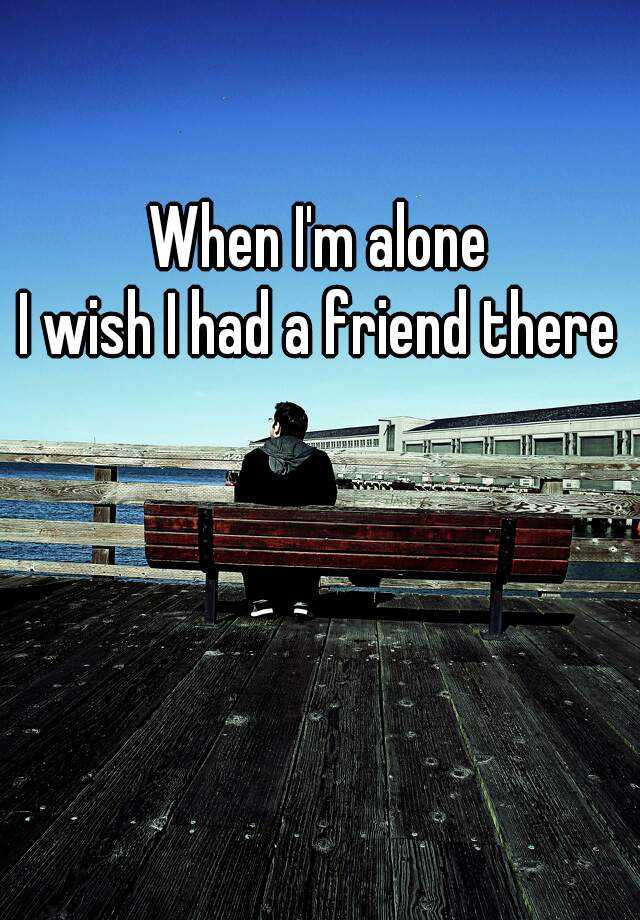 " Since feelings are the deepest and most natural manifestation of ourselves, we hear this message in a different way: “No one needs (needs) you yourself.”
" Since feelings are the deepest and most natural manifestation of ourselves, we hear this message in a different way: “No one needs (needs) you yourself.”
Adults whose feelings were neglected in childhood feel, deep down, that they are less important than others. They sacrifice feelings, needs, and needs for the benefit of those around them. If you consider yourself worse than others, you seem to live in a separate world.
4. Another message your subconscious was receiving: "If something is wrong with your feelings, then so is you." A person who grew up in a family where his feelings were not considered, from childhood feels deeply flawed. Because of this, he is afraid to open up to others, because he is afraid that they will see his insignificance.
Therefore, he maintains a "safe" relationship, but they do not bring satisfaction
5. You tried all the time to ask your parents for emotional help, which is completely natural, but did not receive it.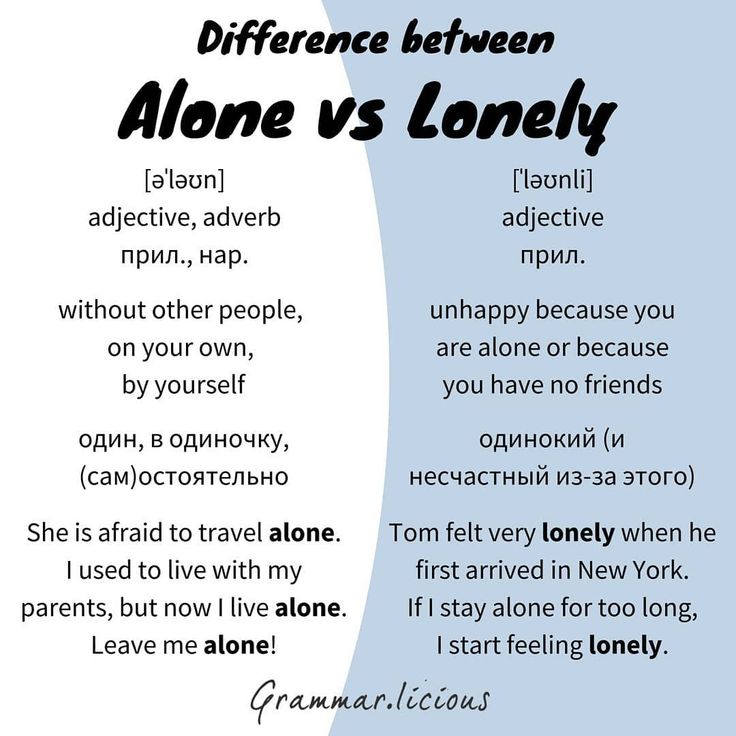 Now, as an adult, you are afraid to seek emotional support from others. You are afraid to experience disappointment or rejection, so you rely only on yourself. Your motto is "I can do it myself." But being afraid to ask for help, you isolate yourself from others and, again, feel lonely.
Now, as an adult, you are afraid to seek emotional support from others. You are afraid to experience disappointment or rejection, so you rely only on yourself. Your motto is "I can do it myself." But being afraid to ask for help, you isolate yourself from others and, again, feel lonely.
6. You find it difficult to explain to loved ones that your emotional needs were neglected as a child. Because of this, it may seem to you that only you have suffered from such problems and no one can understand you.
But you are not alone. In fact, countless people are experiencing the same thing. Most of them seem to be healthy, resilient people. You meet them in the store, in the office, even at the festive table.
It is necessary to learn to take care of your emotions. After all, then you yourself will be able to give yourself that love and affection that was not enough in childhood. Once you decide to take this path, there will be no going back. Life will become richer, relationships will begin to bring joy, and your suffering from loneliness will end!
Life will become richer, relationships will begin to bring joy, and your suffering from loneliness will end!
Text: Nikolai Protsenko Photo Source: Getty Images
New on the site
“I have a wonderful husband, and I miss my ex who hit me”
“My husband left for another country, leaving me alone with a small child and a mortgage »
How should beggars dress in order to get more? Discovery of psychologists
How to read metaphorical cards? Introducing the new deck and explaining how to work with it
How to strengthen relationships: tips from the creator of 36 Questions to Fall in Love
Who are the "new" fathers and are they okay?
Welcome to the dark abyss of the male brain!
5 books that will save you from the autumn blues
Five myths about loneliness: is it really that bad?
- Claudia Hammond
- BBC Future
Sign up for our 'Context' newsletter to help you understand what's going on.
Image copyright Getty Images
Loneliness is often called the main problem of modern man - they say that in the world it has already grown into a real epidemic. But is it true that things are getting worse?
At some point in life, each of us feels lonely. For society, this can grow into a real problem, and in some places it has already grown: for example, a new minister has appeared in the UK government - for loneliness.
- Country where visitors suffer the most from loneliness
- Peak of loneliness? The age at which we say goodbye to youth
Loneliness is a serious thing, it causes many troubles, but at the same time it is surrounded by many myths. Here are five of the most common.
1) Loneliness is isolation from society
Loneliness is not at all the same as being alone. Loneliness is a disconnection with the outside world, this feeling that no one around you understands you, and you do not have real, meaningful relationships with people.
Isolation may play a role, but it is far from being the only one. You can feel lonely in the crowd - and, conversely, you can be absolutely happy when no one is around. (When the BBC did a study on how people relax, it turned out that the five most popular types of recreation are associated with loneliness - not in the sense of feeling, but when a person is alone.).
- Complete isolation: what can be good in life without communication?
- Internet survey: the best vacation is alone
Sometimes you even want to be alone. However, if you do not have the opportunity to spend time with people who understand you, then loneliness falls upon you.
2) An epidemic of loneliness is now raging in the world
The problem of loneliness, of course, began to pay more attention, but this does not mean that the percentage of lonely people has increased compared to previous years or decades.
Using research data from 1948 years old, Christina Victor of Brunel University London found that the proportion of older people who experience chronic loneliness has remained the same over the past 70 years (between 6 and 13% admitted to feeling lonely all the time, or most of the time).
- Loneliness in modern society: search for oneself or illness?
But it is also true that there are more and more lonely people - simply because the population of our planet is constantly increasing. And the more lonely people in the world, the more sadness.
3) Loneliness is always bad
People suffer from loneliness. However, it is good that such a state is often only temporary and far from always negative. It can signal to us that it's time to make new friends or try to find a way to improve existing relationships.
Image copyright Christopher Furlong/Getty Images
Image caption,Do older people really suffer from loneliness more than others?
Neurologist John Cacioppo believes that the ability to feel lonely has gradually developed in humans - so that we would like to maintain relationships with others.
He compares it to thirst. When you are thirsty, you look for water. When you are alone, you seek the company of other people.
For thousands of years, people have survived in communities, in cooperation and mutual assistance. So the survival mechanism pushes us to social connections.
- For joy or for sorrow: what social networks do with my depression
- Facebook: monetization of human loneliness?
Although loneliness is usually a temporary condition, it is true that when it becomes chronic, the consequences can be severe.
There is evidence that it affects our sense of well-being, may impair sleep, and lead to depression.
This feeling can lead you into a vicious circle: the more alone a person feels, the more he withdraws from society, which in turn makes him even more alone.
Studies show that if a person feels lonely, the risk that a year later they may experience symptoms of depression increases.
4) Loneliness leads to health problems
This myth is somewhat more complicated. You may have come across the statistics that loneliness is detrimental to health: the risk of heart disease and stroke almost triples, those who are lonely have higher blood pressure and lower life expectancy.
Photo credit, Stephen Pond/Getty Images for Sport England
Image caption,First time ever: UK Loneliness Minister Tracey Crouch
All this is pretty serious, but many of these studies only take a small time frame, and we we cannot speak with confidence about the indispensable onset of the severe consequences of loneliness.
- "There is nothing worse than loneliness": stories of young people with disabilities
Yes, it is possible that people who have fallen out of society are more likely to get sick. But the opposite can also be true: a person is placed in a situation of isolation due to an illness that prevents him from communicating with others.
Alternatively, lonely people may appear in the statistics as less healthy, because loneliness deprives them of the incentive to lead a healthy lifestyle.
5) Most older people suffer from loneliness
People experience loneliness more often in old age than at any other time in their adult life. But, as Pamela Qualter of the University of Manchester found out in her review of scientific research on loneliness at different ages, there is another peak of this state - at the time of growing up, during adolescence.
Meanwhile, studies show that 50-60% of older people rarely experience loneliness.
Image copyright, Getty Images
Image caption,While loneliness is usually temporary, the consequences can be severe if it becomes chronic
Skip Podcast and continue reading.
Podcast
What was that?
We quickly, simply and clearly explain what happened, why it is important and what will happen next.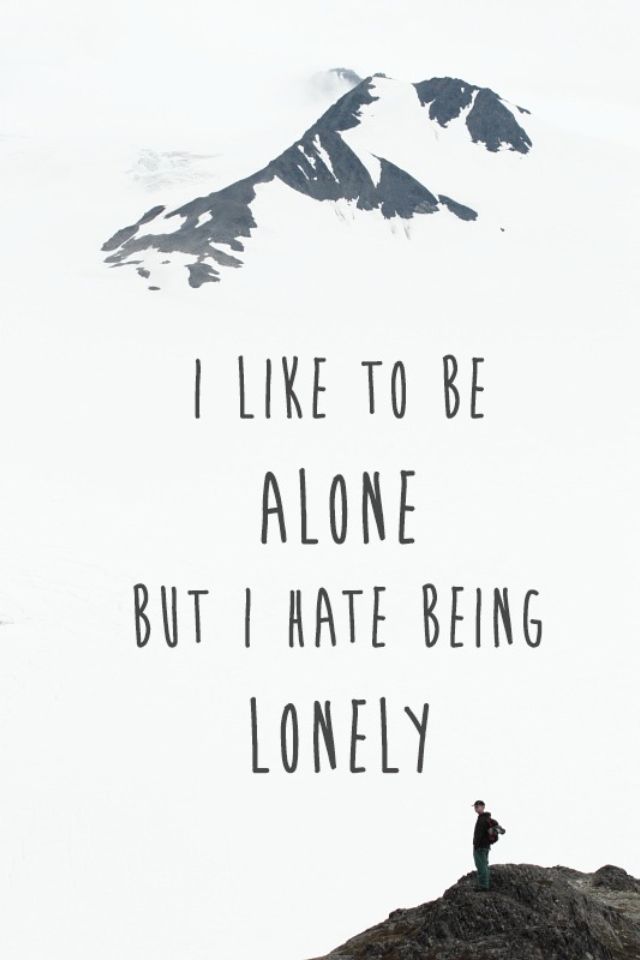
episodes
The End of the Story Podcast
We still don't know much about loneliness. The BBC decided to help scientists and is conducting an online survey, the questions of which were developed by psychologists from the universities of Manchester, Exeter and Brunel in collaboration with the Wellcome Collection (a London museum dedicated to the links between medicine, life and art. - Note translator ).
The survey is open to people from all over the world - whether you are old or young, feel lonely or not. His goal is to understand more about friendship, trust and learn about remedies for loneliness that really help.
Participate in the study (in English) here: www.thelonelinessexperiment.com
Legal information. This article is for general information only and should not be taken as a substitute for the advice of a physician or other healthcare professional. The BBC is not responsible for any diagnosis made by a reader based on material on the site.

